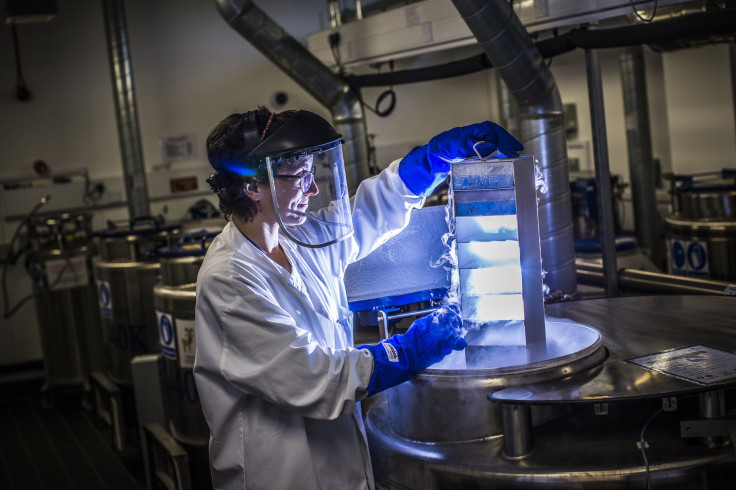Top 5 Scientific Discoveries And Breakthroughs In 2018

From 3D-printed body parts to new ways of detecting killer diseases, there have been many scientific discoveries of note in 2018. Here is a list of five discoveries that are set to make life better in the near future.
New way to detect cancer early
Cancer is one of the most deadly diseases and claims the lives of millions of people around the globe every year. That may soon be in the past because researchers at the John Hopkins Kimmel Cancer Centre have found a new way of detecting cancer. According to Research Matters, the new method is a blood test that detects up to eight common cancers, including pancreas, lung, liver and ovarian cancer. The method analyzes the blood for specific cancer-related proteins and DNA.
3D-printed body parts
Replacing body parts may soon become as easy as replacing a part of a car. Scientists in U.S. have grown the first ever esophageal human tissue in the lab using stem cell technology. Researchers have also been able to 3D-print the first human cornea, which is the outer layer of the eye. The cornea was reportedly printed in 10 minutes, and the scientific discovery promises to provide unlimited supply of cornea that will help around 5 million people suffering from corneal blindness.
Lab-grown meat
According to a report by Business Insider, a Dutch startup has managed to grow meat in the lab using the stem cells from an animal’s umbilical cord. The umbilical cord is usually thrown away, but the company used it to create meat in a way that animals are not harmed. The company Meatable, which made the discovery, plans to serve “slaughter-free burgers and sausages” to restaurants in as little as four years.
Detecting Alzheimer’s early
Alzheimer’s is a kind of dementia that causes problems with memory that in severe cases makes it difficult for a patient to perform normal, daily tasks. In 2018, researchers used cell therapy in order to replace or repair the damaged cells in the brains of mice, which should help in creating a cure for the disease in the near future.
Nanomotors in the blood
So far, medicine has been taken orally or injected in order to cure most diseases. Soon, robots may be doing this job by targeting the specific cells or other problem areas in the blood. Researchers at the Indian Institute of Science have developed nanomotors so small that they can “swim” inside the body to deliver the drug to a target area or use magnetic fields to kill certain cells.
With these scientific discoveries, the stage is set for even more breakthroughs in 2019. According to a report by Channel News Asia, tech companies are focusing more on artificial intelligence to solve problems.
© Copyright IBTimes 2024. All rights reserved.





















